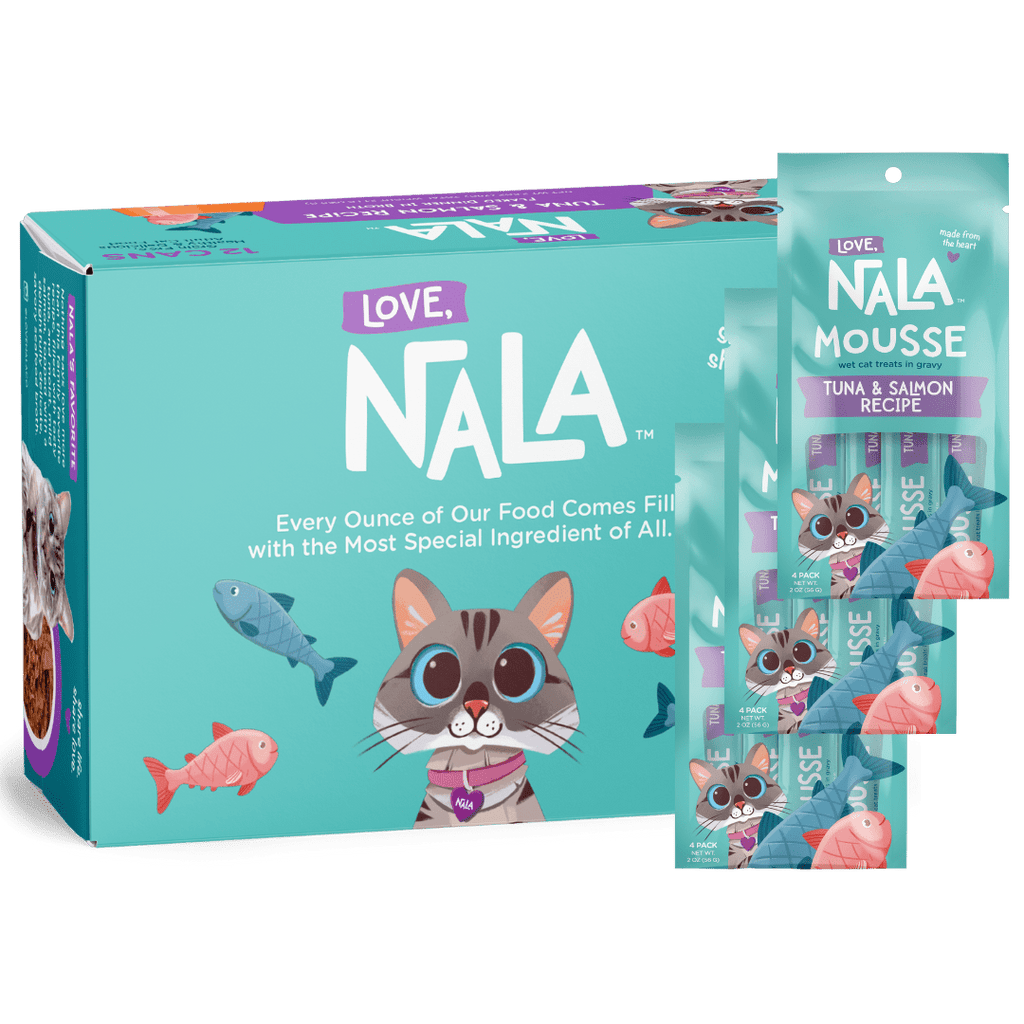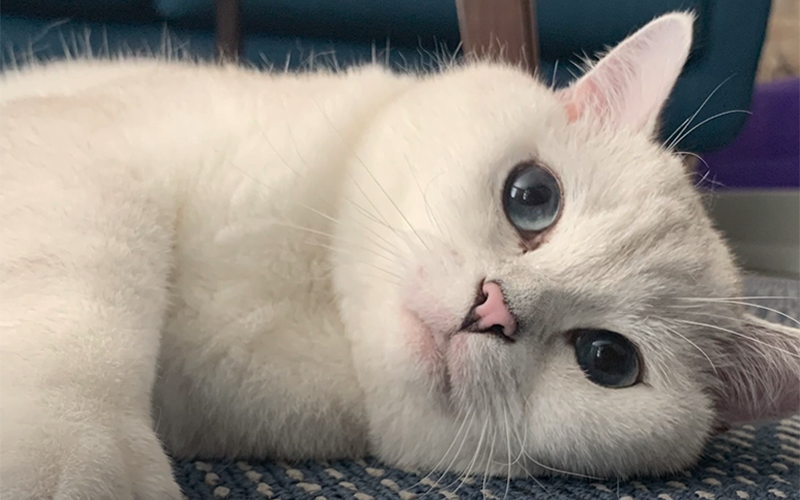Feline Immunodeficiency Virus (FIV) is a retrovirus that weakens a cat’s immune system, making them more susceptible to infections, illnesses, and diseases. It is a manageable disease and with regular veterinary care, a nutritious diet, and stress-free environment, FIV+ cats can live long and happy lives.
FIV cannot be transmitted to humans. FIV is only transmissible to other cats and is typically spread through deep bite wounds because the virus is present in the saliva of infected cats. Community cats or cats with outdoor access, especially unneutered males, have a higher risk for contracting FIV because of territorial fighting. Kittens can also contract the virus from a FIV+ mother, either while in utero or through nursing.
FIV is diagnosed through a simple blood test that detects antibodies to the virus in the cat's blood.
FIV does not impact the lifespan of a cat and most FIV+ cats with FIV live great lives with proper care and attention. Since FIV affects the immune system, cats who are FIV+ may get sick more easily or take longer to recover from an illness than a FIV- cat. Upper respiratory infections, skin infections, and gum and dental issues are common in FIV+ cats.
FIV+ cats need regular veterinary and dental care to monitor their immune systems and catch any health issues early on. Early treatment of infections can prevent serious - and expensive! - complications later. Since FIV often causes gum and dental problems, brushing your cat’s teeth regularly can help prevent plaque buildup and reduce the risk of oral infections.
Because stress can weaken a cat’s immune system, creating a stress-free environment is important to keeping a FIV cat happy and healthy. A calm, quiet space with minimal stressors and a predictable routine is ideal.
High-quality food and a nutritious diet is critical for FIV+ cats. Immune boosting supplements or calming supplements can also help keep their bodies strong enough to ward off any infections.
Most importantly, FIV+ cats should be kept indoors only. This decreases the chance of potentially transmitting the virus to other cats (if they were to get into a fight) and lowers the risk of complications from the disease through exposure to outside elements.
Because neutering males reduces the urge to fight with other male cats, spay/neuter helps to reduce the transmission of FIV. Trap-neuter-return (TNR) is a great way to get involved in animal rescue and prevent more kittens being born on the street that also helps manage colonies and keep existing cats as healthy as possible.
While a serious diagnosis, FIV is definitely a manageable condition. Regular vet visits, a balanced diet, and an indoor-only, low-stress home can help give them long and happy lives they deserve.
Love, Nala




















